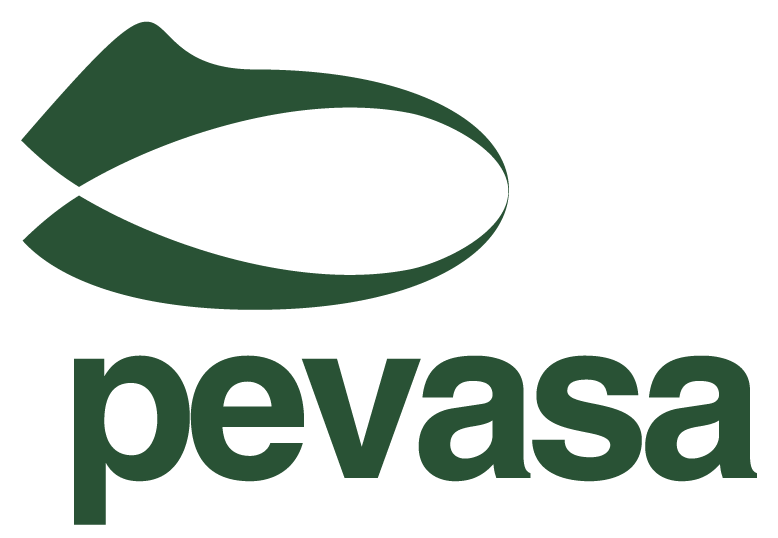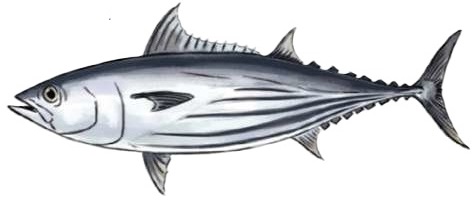After the recent extension of the certification of our Atlantic catch, we have received with great pride the news that Marine Stewardship Council (MSC) confirms that PEVASA, after a long joint process within the National Association of Tuna Freezer Vessel Owners (ANABAC), has obtained the MSC certification for its skipjack tuna (Katsuwonus pelamis) catched in free school or associated with Fish Aggregating Devices (FADs) in the Indian Ocean, in FAO 51 area.
This process has been particularly demanding due to the difficult management situation within the IOTC (Indian Ocean Tuna Commission), the competition between fleets and the rigorous scrutiny to which the Anabac fleet has been subjected.
Our fleet is at the forefront of sustainable fishing in the Indian Ocean, with a serious and responsible activity that includes 100% observer coverage, the use of non-entangling and biodegradable FADs and the reduction of catches of non-target species.
Being aware of the difficulty involved in obtaining healthy tropical tuna stocks in the long term, PEVASA is not satisfied with this certification and will continue working closely with the rest of the shipowners to obtain a certification for yellowfin and bigeye tuna species in the future. As a result of this commitment, PEVASA is actively participating in a Fish Improvement Project (FIP) together with other European shipowners and coastal countries.
The MSC Fisheries Standard, widely recognized as the most rigorous and credible sustainability assessment process for extractive fishing in the world, is based on three fundamental principles: healthy fish stocks; minimization of the impact on the marine environment as a whole; and an effective fisheries management system. PEVASA’s certification has been carried out by the independent certifier Bureau Veritas for the three principles mentioned above, whom we thank for their important collaboration.
We share our satisfaction and joy with the entire ANABAC team that has led this process, bringing it to a successful conclusion.


